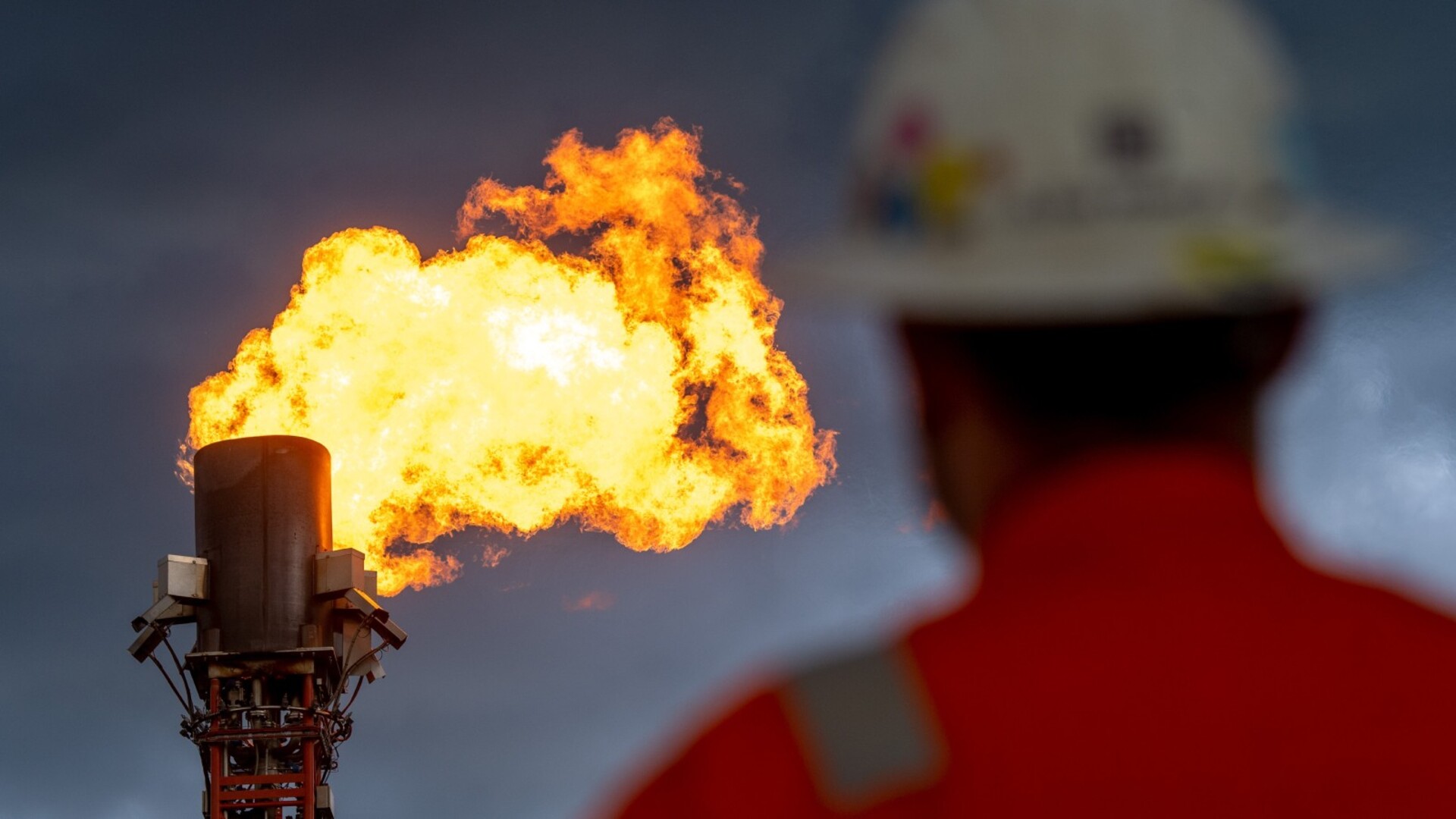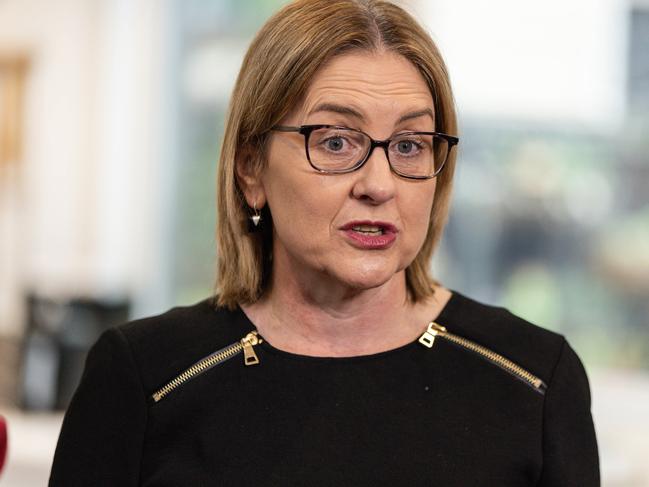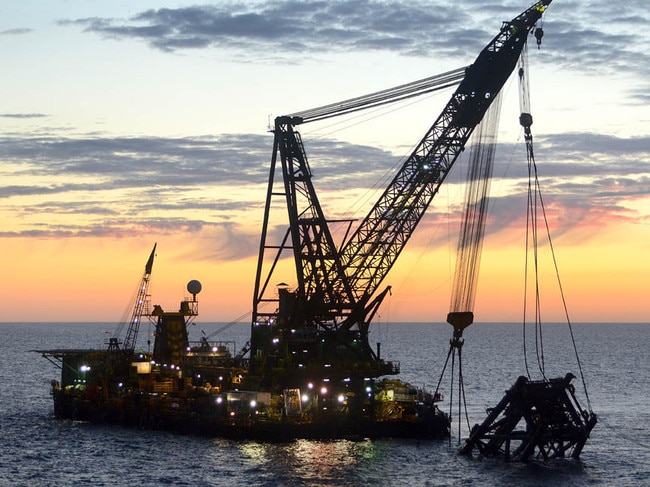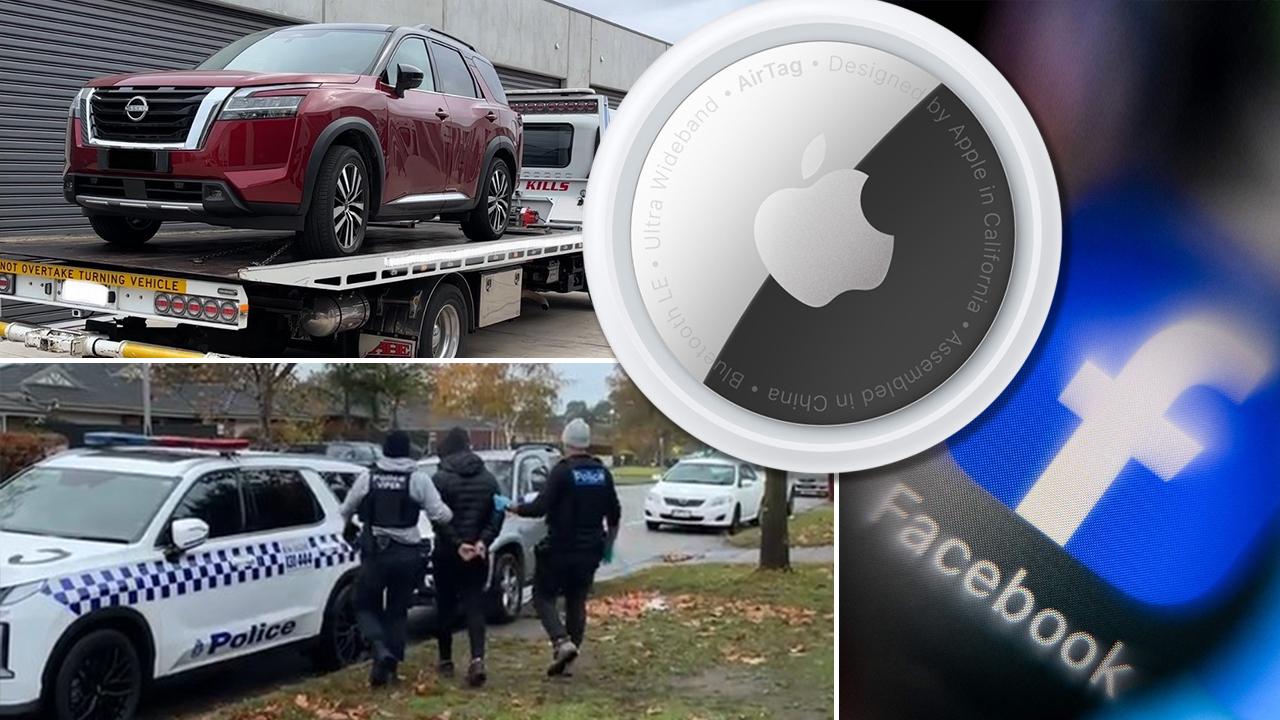Santos CEO Kevin Gallagher compares Victoria to North Korea
The head of one Australia’s biggest gas producers has likened Victoria’s investment environment to that of communist hermit kingdom North Korea, adding PNG was a more attractive business destination than the Allan-run state.

Victoria
Don't miss out on the headlines from Victoria. Followed categories will be added to My News.
The boss of a top energy company who likened Victoria to North Korea is among a growing list of industry and economic voices that have warned it is too difficult to do business here.
Santos chief executive Kevin Gallagher on Wednesday launched a blistering critique of Victoria’s energy policy, where he said the Allan government’s attitude toward investment was like that of North Korea, warning that the state’s approach was indicative as to why major gas projects were going offshore.
The remarks highlight mounting frustration within the resources sector over Victoria’s aggressive stance on fossil fuels, even as the state remains heavily reliant on gas to power industry and heat homes during its cold winters.
“If I think about Queensland, South Australia, Western Australia – these are very supportive, very development-friendly jurisdictions. Victoria? North Korea. They’re different altogether,” Mr Gallagher told an oil and gas conference in Brisbane.

Victorian Energy and Resources Minister Lily D’Ambrosio clapped back at the comments, calling them “truly hysterical, unhinged and plainly wrong”.
“Big energy companies are only focused on lifting their prices and profits, our focus is on driving down power bills for Victorian families,” she said.
“There are billions of dollars of new gas investment scheduled in Victoria for this year alone and because of recent new gas investment and reduced demand in Victoria the Australian Energy Market Operator has revised its forecasted 2028 shortfall to 2029.”
But other industry leaders have sounded the alarm on doing business in Victoria, saying it should be a wake-up call to Premier Jacinta Allan.
In October the Business Council of Australia ranked Victoria last for doing business when it released its annual scorecard, and warned more needed to be done to stop businesses deserting the state.

Responding to the Santos chief’s attack, Australian Industry Group Victorian head Tim Piper called on the Allan government to “create a positive investment climate in the state”.
“The Victorian government needs to take note of criticism from senior business leaders, many of whom want to invest in Victoria,” he said.
“However they won’t risk investment if there is uncertainty and a lack of support and continued increases in taxes.”
Victorian Chamber of Commerce and Industry Chief Executive Paul Guerra said the state “must become fixated on growth”, calling for a need to “turbocharge confidence”.
“And that means a shift in how we engage with the private business sector, how we remove barriers around approvals and regulations, and ultimately how we encourage active dialogue between business and government,” he said.

Key business leaders have also previously taken aim at Victoria.
In February chief executive of industrial conglomerate SGH, Ryan Stokes said: “The rest of the economy is travelling OK, apart from the recession in Victoria”.
The same month, Wesfarmers chief executive Rob Scott, said: “There have been a number of decisions that were made that were clearly bad for business and bad for households. Having the highest payroll tax in the country doesn’t help.”
Opposition Leader Brad Battin said he didn’t agree with the North Korea reference, but said the government had dropped the ball when it came to attracting investors.
“Investment in Victoria is slowly dying. We’ve got a government who continuously wants to stop any investment in the state,” he said.
Analysis of Australian Bureau of Statistics data reveals more than 129,000 Victorian businesses shut down last year or a quarterly average of 4.4 per cent of the total businesses – the highest of any state.
It showed Victoria recorded a net loss of 3254 businesses to other states since the end of the pandemic, while Queensland gained 5,393 and Western Australia welcomed 1495.
This year the state also ramped up its attack on small businesses, targeting Victorians who run side hustles from their home and slugging them with land tax bills.
The state government lowered the land tax threshold in 2023 from properties worth $300,000 to just $50,000, in a move that captured an extra 380,000 Victorians.
The State Revenue Office then started hitting home hairdressers and other businesses with unexpected tax bills, which many said they couldn’t afford to pay.
As part of its ambitious emissions reduction agenda, the Victorian government banned new gas connections for homes and businesses from 2024.
Earlier this year, Woodside Energy’s boss Meg O’Neill said it was already too late to avoid damaging gas shortfalls in Victoria, following a decade of political opposition to the fossil fuel industry.
Opposition energy spokesman David Davis said Labor’s energy policy was an “unmitigated disaster”.
“We’ve gone from being the Garden State to the basket state,” he said.
Santos is one of Australia’s largest energy companies and is a key player in the east coast gas market.
More Coverage
Originally published as Santos CEO Kevin Gallagher compares Victoria to North Korea



